First it was the beard that came into trend, then the trousers over the ankles and now cupping (known as Hijama in Arabic) seems to be catching onto famous people, this time the athletes at Rio 2016 Olympics.
From swimmers to gymnasts, many are being spotted with the red marks that one develops after going through a session of cupping, including world famous Michael Phelps, who is representing the US team.
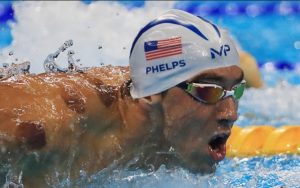
Gymnast Alex Naddour told USA Today that
cupping was better than any money I’ve spent on anything else.
“That’s been the secret that I have had through this year that keeps me healthy,” Naddour told the paper, adding that it had saved him from “a lot of pain”.
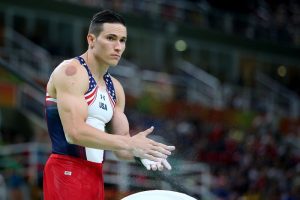
Now, what really is cupping/hijama?
Hijama or cupping is a safe, non-invasive and economical way of curing and preventing many diseases. Though Chinese use of this method was limited to certain medical complications like lungs infection, colds, to treat internal organs’ disorders, joint pain, etc, the scope of hijama benefits is much higher than this limit.
The word ‘hijama’ means ‘drawing out’ in Arabic. It is now being recognized as an alternative medicine or alternative way of treating different diseases and bodily disorders. Modern medical science also endorses the various benefits of hijama and even encourages its practice in certain diseases.
In this non-surgical procedure, toxic or ‘bad’ blood is drawn out from the body. Certain ‘hijama points’ on the body are addressed to do so. On such selected points, blood is encouraged to accumulate. In dry cupping, that’s all it’s done and doesn’t involve making cuts.
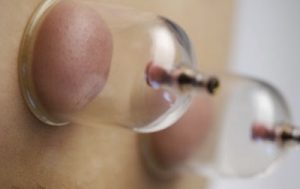
But most will agree the best form of cupping which was practiced by Prophet Muhammad (ﷺ) and his companions was the wet cupping. This is where small incisions are made on the areas which have become like bubbles, in order to drain the bad blood out of the system.
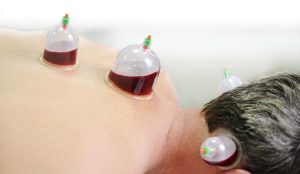
Is it really from the Sunnah (lifestyle) of Prophet Muhammad (ﷺ)?
Yes, most definitely so! Prophet Muhammad (ﷺ) has been reported by various companions of his that he encouraged the people to do hijama. Two of these sayings are:
The best medicine with which you treat yourselves is cupping. [Sahih Bukhari]
If there was something excellent to be used as a remedy then it is cupping (hijama). [Sunan Abu Dawud, Sunan Ibn Majah]
Even the Angels asked Prophet Muhammad (ﷺ) to order his people to do cupping:
Abdullah ibn Abbas (may Allah be pleased with him) reported that the Prophet Muhammad (ﷺ) said:
I did not pass by an angel from the angels on the night journey except that they all said to me: Upon you is cupping (hijama), O Muhammad. [Saheeh, Sunan ibn Majah]
There are countless benefits of cupping to the body, including easing body pain, breathing and flow of blood. This again proves that everything which is ordained in Islam for people to do is not just for spiritual benefit but for bodily and other benefits too.
Any particular days to do it?
Prophet Muhammad (ﷺ) recommended certain days to do cupping since there are astronomical connections.
Hijama on an empty stomach is best. In it is a cure and a blessing. It improves the intellect and the memory. So use Hijama with the Blessing of Allah on Thursday.
Keep away from Hijama on Wednesday, Friday, Saturday and Sunday to be safe.
Perform hijama on Monday and Tuesday for it is the day that Allah saved Ayub from the trial. He was inflicted with the trial on Wednesday. [Sahih Sunan ibn Maajah (3487)]
The best of days are considered to be the 17th, 19th and 21st of the Islamic month which coincides with Monday, Tuesday or Thursday.
Anas ibn Maalik (may Allah be pleased with him) reported that Prophet Muhammad (ﷺ) said,
Whoever wants to perform cupping then let him look for 17th, 19th and 21st…” [Saheeh Sunan Ibn Majah (3486)]
To read more about cupping’s benefits, areas to do the cupping and other information, click here.
Also watch this beneficial video of how it is done. There’s hardly any pain and it takes just 10-15mins. Go and do it! Revive the Sunnah and let’s do it not because it’s a fashion but rather it was a practice of the best of men.
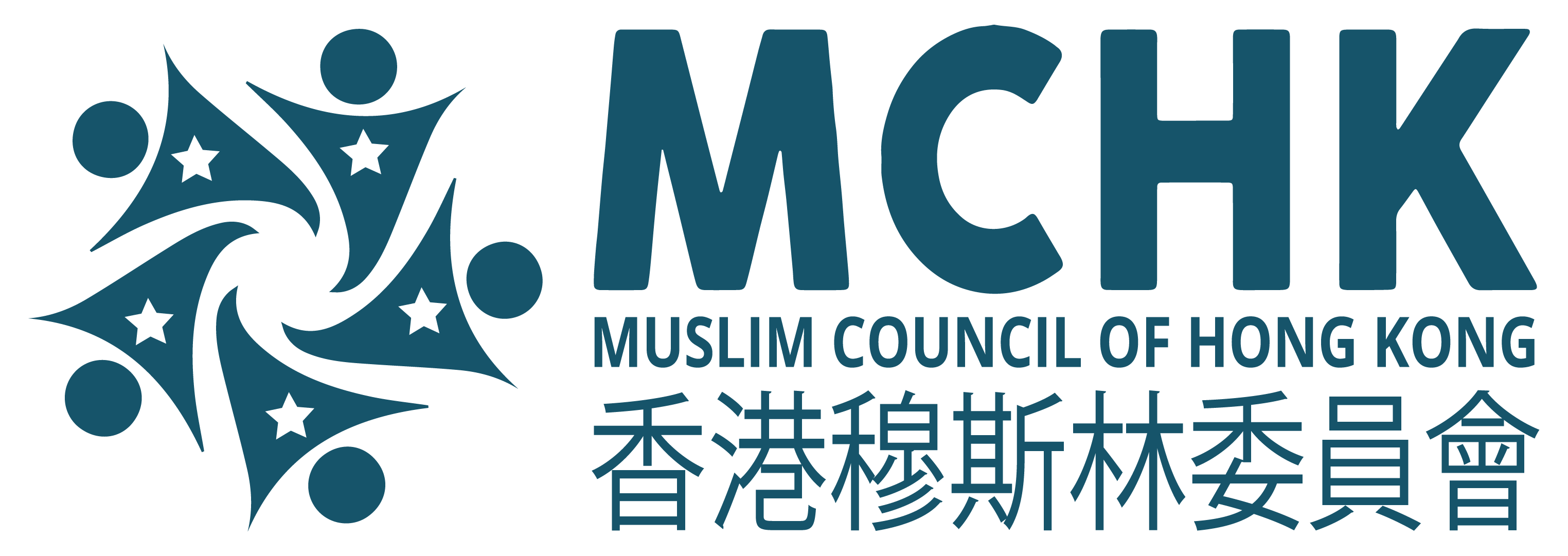



2 Comments